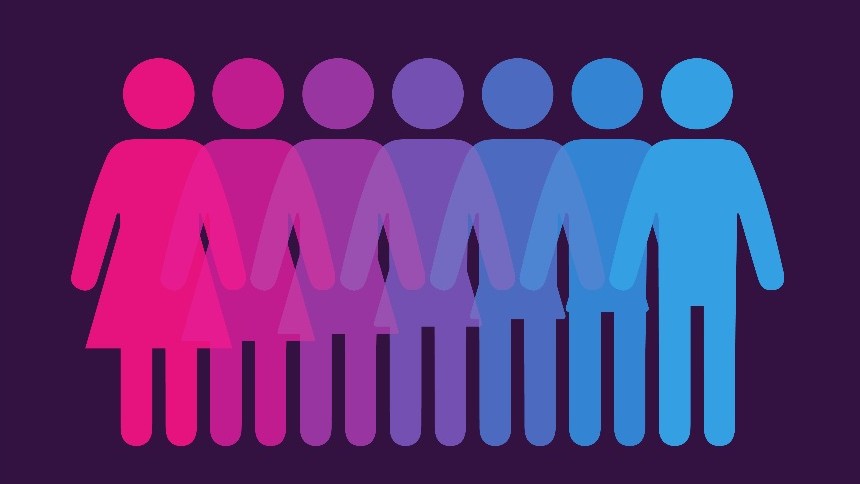06/05/2023
An endocrinologist who specializes in transgender hormone therapy will support you
By Meghna Shah, MD, Endocrinology, Nuvance Health Medical Practice
If you or someone you care about are interested in transgender medicine, it is important to understand what type of doctor can support you and the different therapy options available.
What type of doctor can help me with transgender hormone therapy?
An endocrinologist specializes in the endocrine system and hormones. An endocrinologist can offer gender-affirming therapy to help match gender identity to the body.
Learn more about endocrinology
What is gender-affirming hormone therapy?
Gender-affirming hormone therapy helps individuals develop physical characteristics aligned with their gender identity. There are two types of hormone therapy: feminization therapy and masculinization therapy.
What is feminization hormone therapy?
Feminizing hormone therapy is used to induce physical changes in your body that are caused by female hormones. If feminizing hormone therapy is started before the changes of male puberty begin, male secondary sex characteristics, such as increased body hair and changes in voice pitch, can be avoided.
During feminizing hormone therapy, medication blocks the action of testosterone. The hormone estrogen is also given to decrease testosterone production and induce feminine secondary sex characteristics. Those include decreased facial hair and increase in breast development.
Estrogen comes in different forms including patch, tablets and injections. The changes caused by these medications can be temporary or permanent. Feminizing hormone therapy can be done alone or in combination with feminizing surgery.
Your endocrinologist will discuss your options and also possible side effects from feminizing hormone therapy. Feminizing hormone therapy can affect fertility and sexual function, increase risk of blood clots and increase cholesterol levels.
What is masculinization hormone therapy?
The goal of masculinizing hormone therapy is the development of male secondary sex characteristics, and suppression or minimization of female secondary sex characteristics. Masculinization effects include the development of facial hair; changes in your voice; a redistribution of facial and body subcutaneous fat; increased muscle mass; increased body hair; and the end of menstruation.
Testosterone is the therapy used to achieve these changes. Testosterone comes in a variety of formulations including topical gel and injections. Changes caused by these medications can be temporary or permanent and will affect fertility. Testosterone therapy can be given alone or alongside masculinizing surgery.
Side effects of testosterone therapy include elevated risk of a clot, increased risk of stroke and heart attack.
The bottom line: If you or a loved one are considering gender-affirming hormone therapy, speak with your doctor to weigh risks and benefits, and create the best healthcare plan that is ideal for you.
Learn more about LGBTQIA+ Healthcare and Services at Nuvance Health.
Dr. Meghna Shah is an endocrinologist with Nuvance Health Medical Practice. She is a LGBTQIA+ ally. Book now with Dr. Shah.

